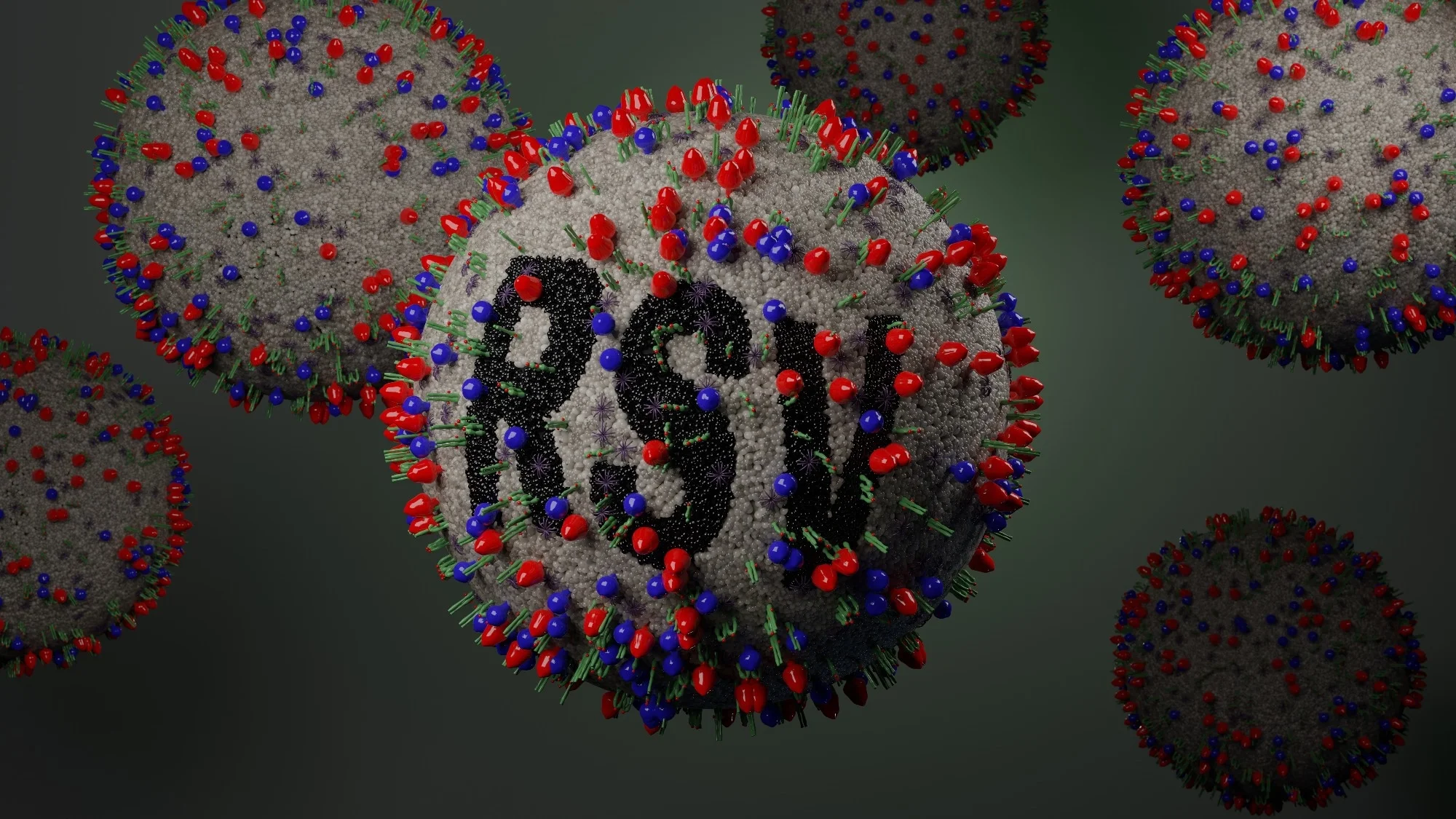RSV, a ribonucleic acid (RNA) virus, is known to cause severe respiratory infections in infants, children, and older adults.

In a recent public health advisory, the United States Centers for Disease Control and Prevention (CDC) has provided guidance on combatting the respiratory syncytial virus (RSV) as it predicts heightened activity for the upcoming winter season. The CDC urges healthcare providers to adopt and implement new tools for RSV prevention.
RSV, a ribonucleic acid (RNA) virus, is known to cause severe respiratory infections in infants, children, and older adults. The CDC traditionally issues an annual health advisory through its Health Alert Network (HAN) regarding RSV activity.
In light of the COVID-19 pandemic, RSV spread was reduced between May 2020 and March 2021 due to implemented mitigation measures. However, RSV activity returned to its typical seasonal trend. Notably, in 2021, RSV began spreading in May and peaked by August, persisting through December. The following year, in 2022, RSV became active in the summer, peaked in October and November, and rapidly declined by winter.
This year, the CDC observed an increase in RSV activity in the southeastern U.S. in late August. Data from the National Respiratory and Enteric Virus Surveillance System (NREVSS) indicated that the weekly percentage of polymerase chain reaction (PCR) test-based positive detections remained below the season’s onset threshold of 3% for two weeks. Georgia reported an uptick in RSV-associated hospitalizations, while Florida’s three-week PCR positivity moving average exceeded 5% from the week ending July 22, 2023.
To address this surge in RSV activity, new prevention tools have emerged in 2023. These include nirsevimab, RSVPreF3, and RSVpreF vaccines, all recently approved.
Nirsevimab is a long-acting monoclonal antibody (mAb) endorsed by the U.S. Food and Drug Administration (FDA) for infants under eight months, as well as children between eight to 19 months at high risk of severe RSV infection.
Clinical trials affirm that a single intramuscular injection of nirsevimab is safe, effective, and could safeguard infants for at least five months.
The CDC advises clinicians to consult local, territorial, or state authorities regarding the timing of nirsevimab use, particularly in regions with less predictable RSV seasonality. The recommended doses for nirsevimab vary based on infant weight.
Additionally, the CDC suggests that children aged eight to 19 months, at an elevated risk of RSV infection, should receive one dose of 200 mg nirsevimab before their second RSV season.
Recombinant protein vaccines, RSVPreF3 and RSVpreF, have also gained FDA approval for use in adults aged 60 and older. Clinical trials have shown over 80% efficacy in preventing RSV-related lower respiratory tract disease. RSVpreF is also approved for pregnant women between 32-36 weeks.
Healthcare providers are urged to discuss RSV vaccination with adult patients over 60. Importantly, all eligible vaccines, including those for COVID-19 and influenza, may be administered concurrently.
Given the substantial impact of Respiratory Syncytial Virus, particularly in vulnerable populations, healthcare providers must remain vigilant and take preventive measures to reduce the risk of RSV-related hospitalizations and deaths.